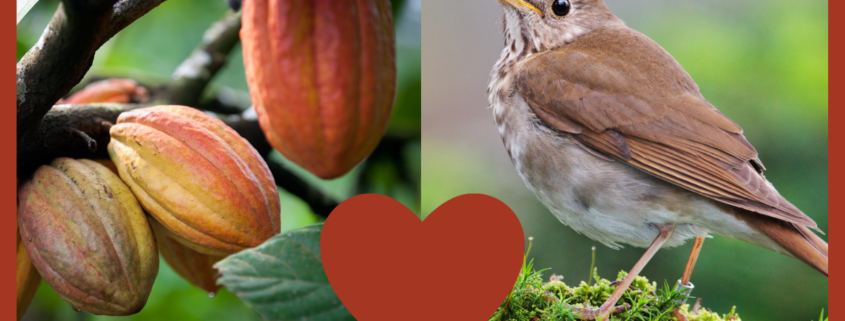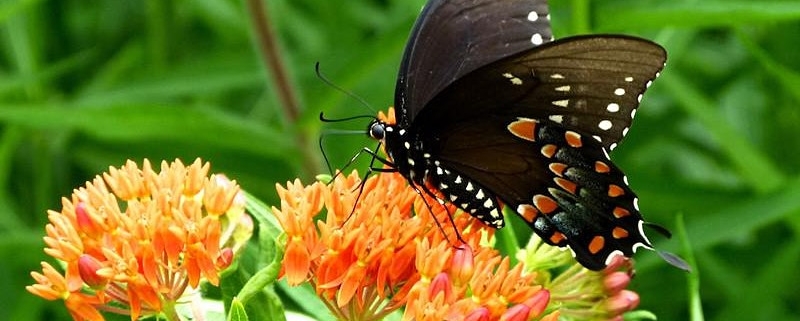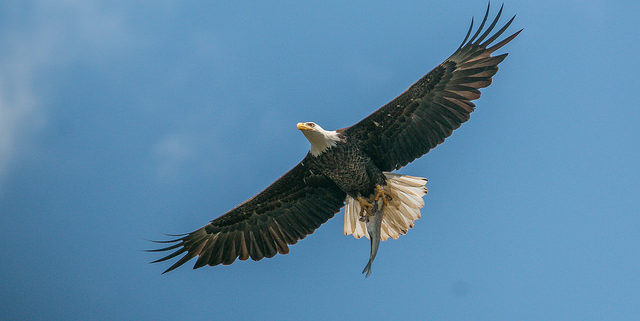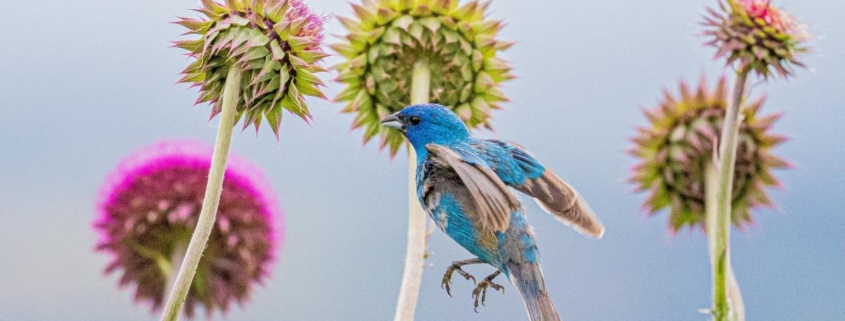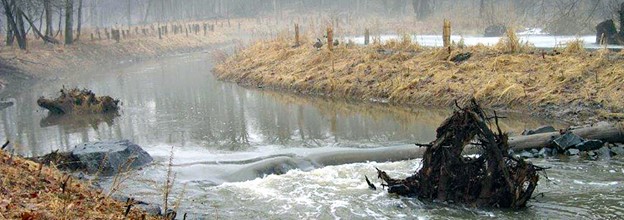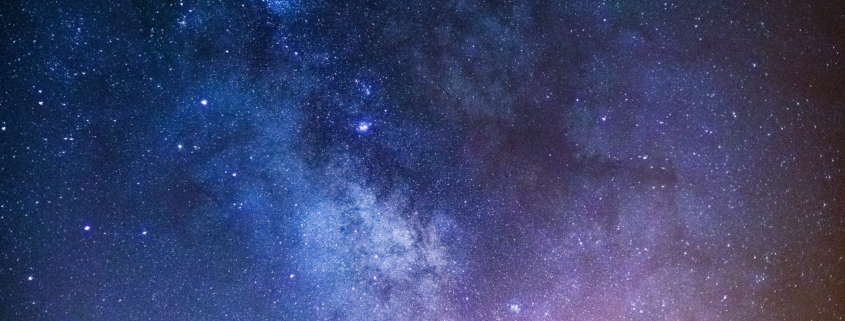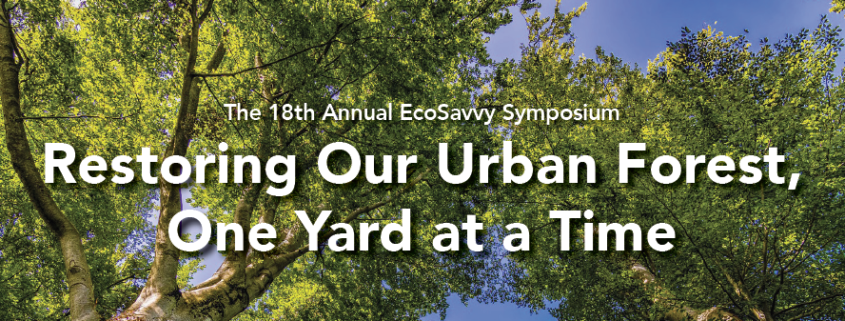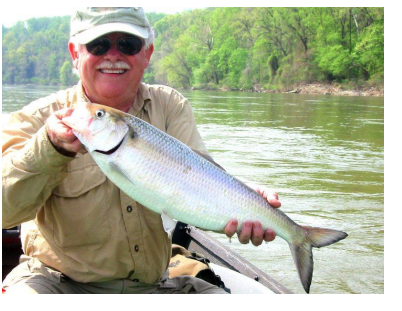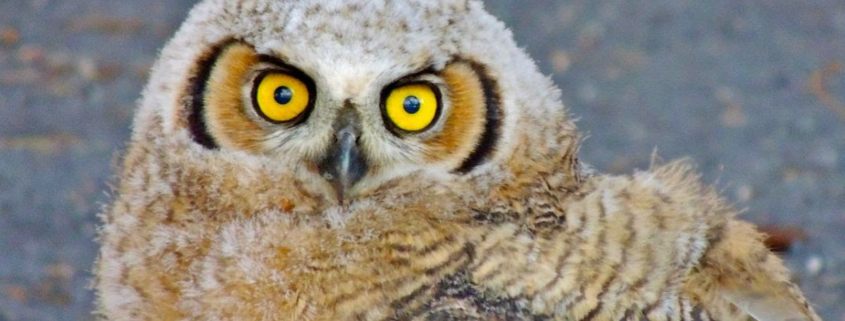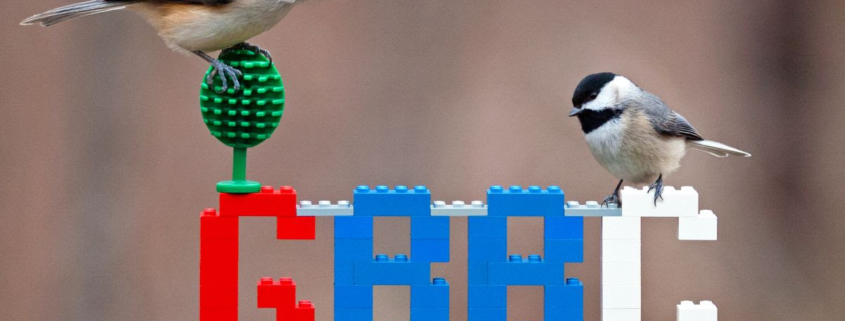Why Bird-Friendly Cacao Is the Perfect Valentine’s Day Gift, Webinar, February 10th
Image courtesy of American Bird Conservancy
Thursday, February 10, 2022
4 – 5 pm
Online.
Register here.
Americans are expected to buy more than 58 million pounds of chocolate the week of Valentine’s Day. Production of chocolate’s main ingredient, cacao, can have a huge environmental impact, but there are ways to produce it that conserve and restore habitat for birds.
Join American Bird Conservancy to learn all about cacao production in Central America and the Caribbean, and how it impacts migratory birds. In this webinar they’ll discuss the new Bird Friendly cacao certification that will be launched this spring by Smithsonian, and show on-the-ground efforts that are helping birds and farmers.
Finally, they’ll provide some tips so when you’re buying chocolate you get the best possible for birds.


